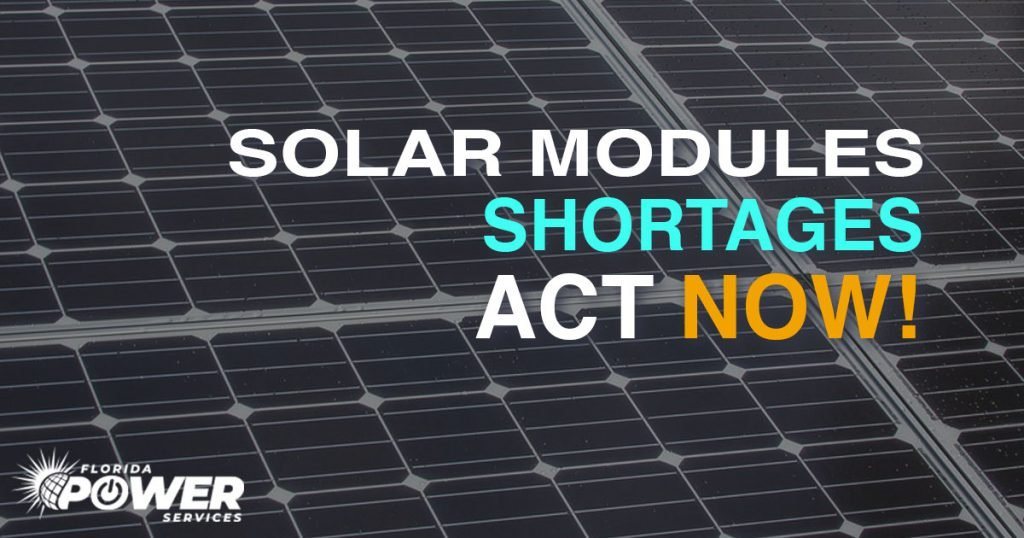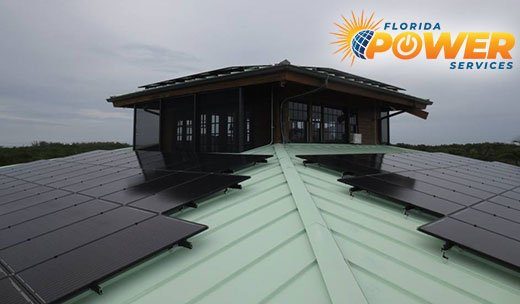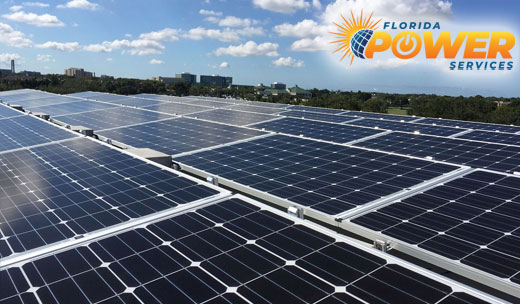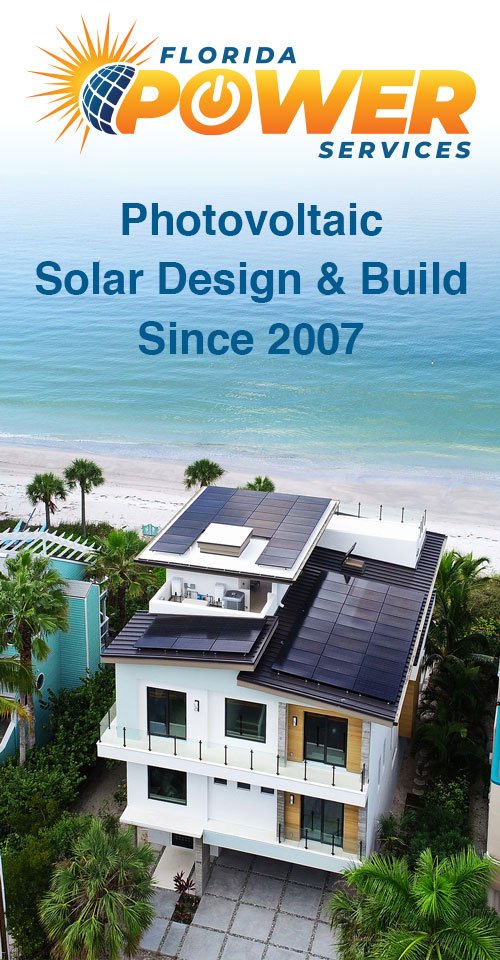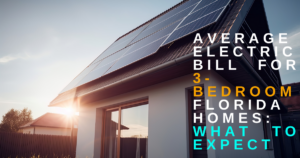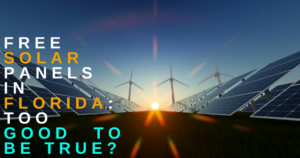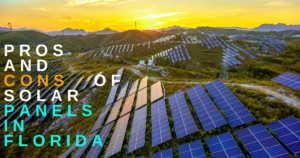Florida and the rest of the country are set to suffer from disruptive
solar module shortages, as the U.S. fights to stop the import of goods that may have been produced using forced labor in China.
It is believed around a massive 2.1 Gigawatts (GW) of U.S. solar projects are at risk of being delayed or canceled.
If you’ve been considering investing in solar in Florida, then delays could impact your plans unless you get to the front of the queue soon.
Here’s what’s happening, and how to avoid the delays impacting your
Florida solar installation:
Custom Enforcements Restricting Solar Imports
In an effort to tackle forced labor in China, The U.S. Customs and Border Protection (CBP) is enforcing action on silica-based products made in China.
The Department of Homeland Security issued a ‘Withhold Release Order’, which instructs all U.S. ports to detain shipments made under these conditions.
This effort is being made to tackle the forced labor of the Uyghur Muslim peoples of China.
In a statement from the Department of Homeland Security, it was explained:
“The United States will not tolerate modern-day slavery in our supply chains. This Withhold Release Order demonstrates we continue to protect human rights and international labor standards and promote a more fair and competitive global marketplace.”
“Forced labor is a human rights abuse that hurts vulnerable workers, weakens the global economy, and exposes consumers to unethically made merchandise,”
Understandably, this is causing tension politically as the Biden administration is pushing for a rapid expansion of clean energy resources, but is also rightfully and forcefully against any modern slave labor.
The white house has stated that solar deployment needs to accelerate by 4x its current pace to meet clean energy targets by 2035. The targets could see solar in the U.S. move from 3% of electrical generation to over 40% by 2035.
It should be noted, this doesn’t mean all solar companies are consciously using forced labor suppliers. Nor does it mean they are using forced labor suppliers even if they’re affected by the delays.
Each part manufacturer uses a large supply chain which is incredibly hard to trace from silicon metal and quartz mining to the factories themselves.
Philip Shen of Roth Capital Partners has said that “almost any module coming to the U.S. cannot yet prove it does not have Hoshine silicon metal.”
He went on to say traceability capability could take 6-12 months to develop.
Solar Delays Coming
Silica is a raw material used to make components for solar panels, solar modules, electronics, and other solar equipment. It plays an integral part in any solar installation and the U.S., like the rest of the world, relies on imports from overseas.
With imports restricted, this means the solar industry is going to have a tight and stressful Q3 and Q3, later this year.
Solar module shortages, in particular, are suspected to be present with the COVID-19 pandemic already creating a bottleneck supply chain and a shortage of raw materials.
It’s estimated this enforcement could jeopardize a vast number of solar installations,
‘representing a total investment of about $2.2 billion on a payroll of 3,000 construction workers.’
Rising Prices?
As always when
solar module shortages arrive, there are fears over rising prices.
We’ve already seen the
pandemic cause equipment prices to rocket, as bottlenecks arise and this could again be a problem later this year due to import restrictions.
This is likely to be an issue for installers more than customers, but it is yet another reason to act fast and get your installation started before the industry hits problems.
What Does This Mean For You?
If you’re considering a
Florida solar installation, then now is the time to act. Getting in the queue fast will allow you to enjoy the existing supply of parts, before any solar module shortages hit.
As for installation companies like ourselves, if we don’t have parts arriving in time then delays may arise.
Thankfully, at this point, we are unaffected and will do our very best to ensure all our customers have their installations started and completed on time – just like we always have done.
As a local Florida solar company, we take care of our customers and don’t make large, blanket cancellations like some of the bigger name installers.
It should also be noted that
this doesn’t mean we or other installers are using forced labor suppliers – these import detentions and delays are having a knock-on effect on the whole industry, regardless of the solar parts supplier used.
There is no reason to panic if you already have a solar installation planned, this message is more of a warning – act now and get in ahead of the queues to avoid delays!
Act Now to Get Solar Tax Credits
Florida solar tax credits can allow you to save thousands of dollars on your
Florida solar installation.
But that is only true if your installation starts before the end of 2021. Every year, the amount you can save drops – it’s currently at 26% but will gradually drop to 0% in 2024.
In order to avoid missing out on this year’s solar tax credits, ensure that you avoid potential delays by heading to the front of the queue now.
How Much Can I Save Through Solar Tax Credits?
2021’s solar tax credits represent a 26% saving on all labor, equipment and costs. These costs will be deducted from your tax bill.
Here’s an example of much you could save on a $10,000 Florida solar installation:
26% OF $10,000 = $2,600 IN SOLAR TAX CREDIT SAVINGS
You can read our
Florida solar tax credits guide here.
Solar Installations in Florida
If you’re interested in installing solar panels in Florida then
contact us today.
Florida Power Services “The Solar Power Company” is the Sunshine’s states leading solar power installer and would love to help you save thousands of dollars in 2021, regardless of any solar module shortages.
With delays a possibility throughout the industry, we’ll strive to ensure your dream installation is completed on time without stress.
And one last reminder: Lock in pricing now! No delays, no regrets! Make the most of those solar tax credits in 2021!

